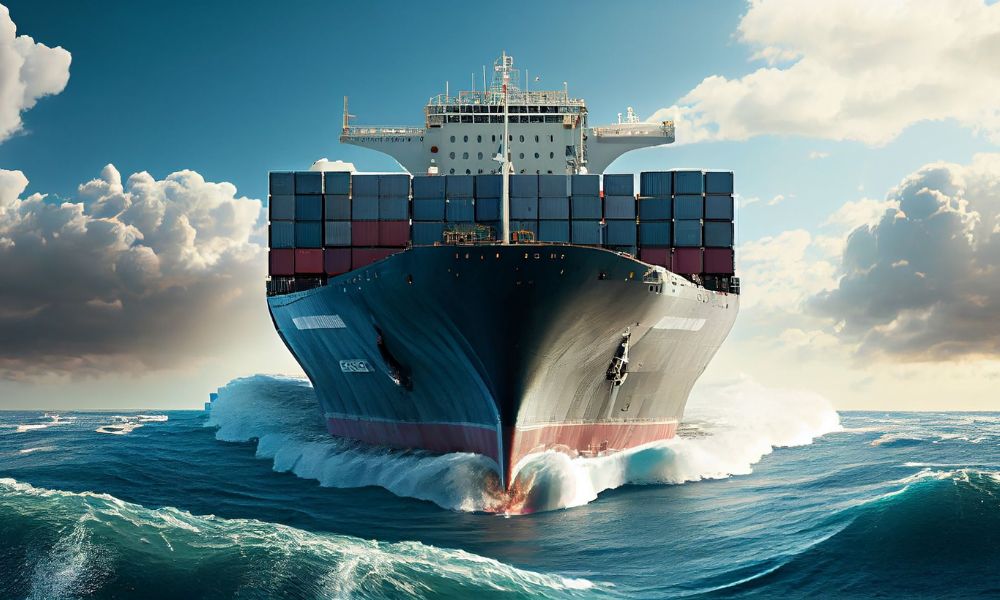QBE navigates Asian marine industry growth amid geopolitical challenges

QBE navigates Asian marine industry growth amid geopolitical challenges | Insurance Business Asia
Insurance News
QBE navigates Asian marine industry growth amid geopolitical challenges
Report offers tips for marine businesses
Insurance News
By
Roxanne Libatique
QBE has published a detailed report on the marine industry in Asia, emphasising its significant economic contribution and its crucial role in global maritime trade.
The report highlighted the importance of this industry to national economies across the region, with substantial inputs from countries such as China, Japan, Singapore, and Hong Kong.
Asian’s key role in trade
QBE’s report said Asia’s extensive manufacturing capabilities and numerous major ports position it as a key player in global trade. The region is a major force in both intra-Asian and extra-regional containerised trade and is the largest importer of crude oil, with China and India being the primary buyers.
Asia’s role in shipbuilding and ship recycling
The report noted that Asia also plays a central role in shipbuilding and ship recycling, industries expected to undergo significant changes with the upcoming enforcement of the Hong Kong International Convention for the Safe and Environmentally Sound Recycling of Ships in June 2025. This convention will impose stricter regulations to ensure environmentally sound recycling practices.
QBE’s report said the marine industry is crucial for several national economies, contributing 2.5% to Singapore’s GDP and 1.2% to the GDP of both Vietnam and Hong Kong. Key sectors reliant on maritime transport include basic metals, chemicals, and machinery and equipment.
It forecasts a 3.5% growth in the marine sector’s production in 2024 across these 10 economies. Stronger growth rates of 5.0% and 4.4% are anticipated for 2025 and 2026, respectively, as the global economy recovers.
However, geopolitical developments pose significant risks. The report uses Oxford Economics’ Global Economic Model to explore potential scenarios, including increased trade barriers between China and the West and escalating conflicts in the Middle East. Such events could result in a 2.5% decrease in the marine sector’s gross value added in the affected economies.
Key factors that could affect the Asian marine industry
According to the report, key factors to monitor include the impact of global conflicts on Asia-linked shipping routes, supply chain diversification, and heightened environmental regulations.
The International Maritime Organization’s ongoing efforts to address the environmental impact of maritime transport will likely lead to increased regulatory measures, particularly in ship recycling.
“Understanding the market landscape amidst geo-political tensions and carbon emission regulations requires industries to prepare for the new normal. Engagement with insurers would pave a clearer pathway with less potholes,” said Rama Chandran, head of marine, QBE Asia.
QBE advises businesses in the marine industry to prepare for both current and future geopolitical risks and evolving trade trends.
“By conducting risk assessment reviews to identify the likelihood and consequences of various hazards, insurers can help businesses navigate the changing world in which they operate in,” said Sebastian Tjornelund, head of P&I underwriting, QBE Asia.
Related Stories
Keep up with the latest news and events
Join our mailing list, it’s free!






